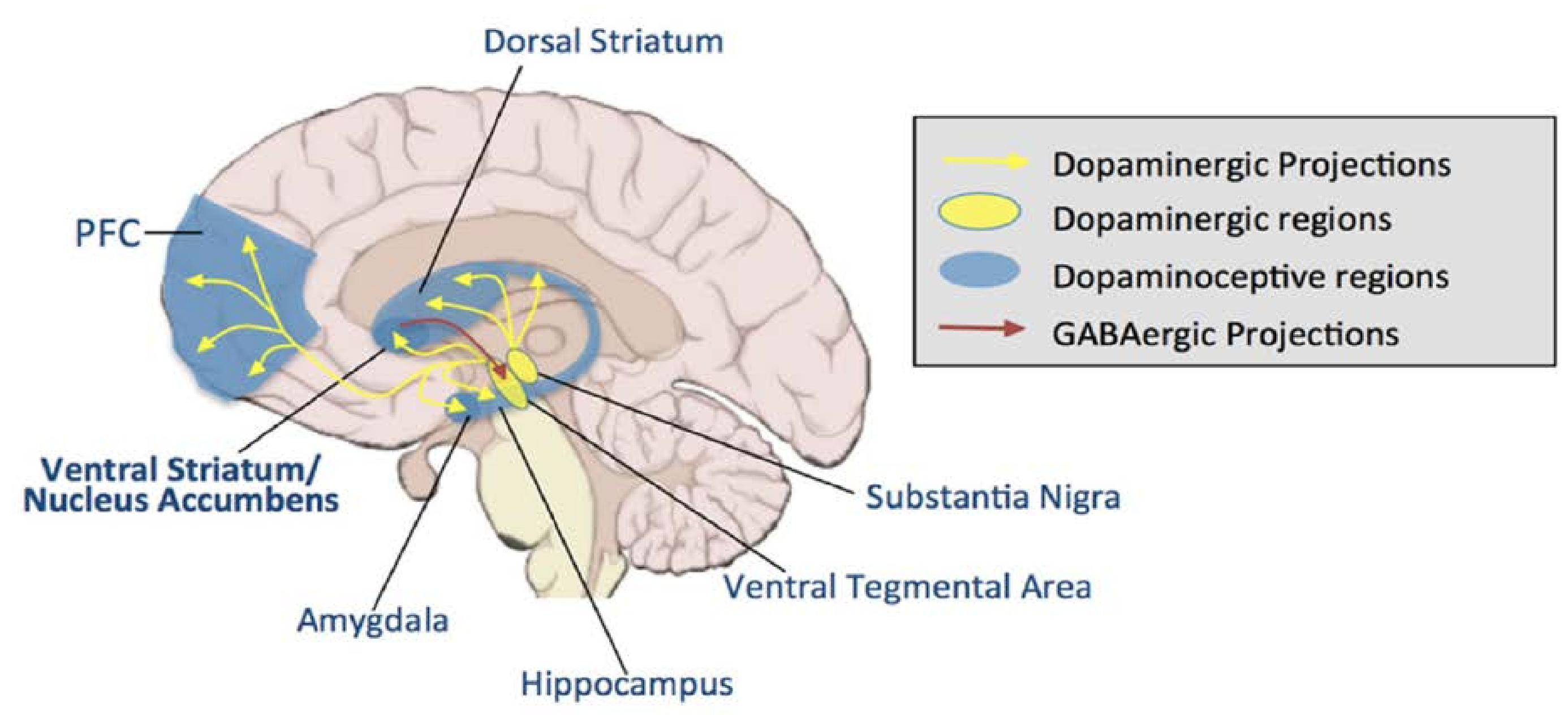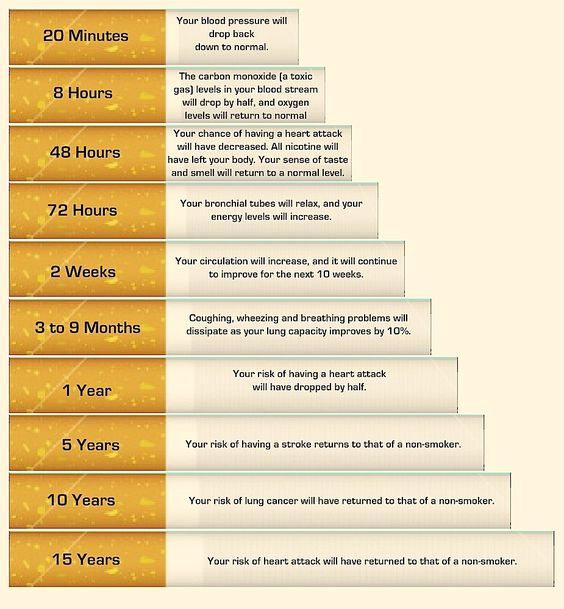From Bird Shopping to Heroin Addiction
Quitting cold turkey is something that strikes fear into the hearts of cigarette smokers. Anxiety levels rise as you think about the cravings and the other uncomfortable symptoms of withdrawal. Although it’s not something anyone wants to experience, it’s the natural response of the body when you stop smoking.
Have you ever wondered where the term cold turkey comes from? In addition to smoking, people associate the term with the sudden stoppage of addictive substances like heroin which causes cold, clammy skin and goosebumps among other symptoms. It’s been used in that sense since the 1920s, but the origins of cold turkey go back further.
Even with all the resources available on the internet, the origins of cold turkey are not clear or definitive, but there are a few theories [1]–[4]. It may have origins in the term talk turkey which dates back to the Native Americans trading fowl with European colonists. It means to have a direct and honest conversation with someone. This directness could be analogous to removing something abruptly, like suddenly stopping drug usage.
The Online Etymology Dictionary says that from around 1896 to the 1910s, the cold turkey meant “without preparation” [3]. This is because doing something cold meant to do it without preparation and cold turkey is something that can be eaten with little preparation, not to mention that the skin also has a cold and bumpy feel to it. The cold part of cold turkey can also mean matter-of-fact and straightforward [4].
The earliest use of cold turkey in print is from a 1910 story written by the author/poet Robert Service called “The Trail of ’98 [5].” The passage reads,
“Once I used to gamble an' drink the limit. One morning I got up from the card-table after sitting there thirty-six hours. I'd lost five thousand dollars. I knew they'd handed me out 'cold turkey,' but I took my medicine.”
Notice how even this acclaimed writer puts the term in quotation marks, indicating its alternate meaning that may not be common for the time. In this case, cold is a term used in cards and gambling meaning the deck is stacked or marked in such a way by a person who is cheating [4]. Also, turkey can refer to a person who is a failure or inept [6]. So, in this case, cold turkey means the man was cheated in a card game.

You May Not Be Living on a Park Bench, But…
Let’s be honest right off the bat. Nicotine is a drug and cigarettes are a drug delivery system. Therefore, cigarette smokers and people addicted to other forms of nicotine are drug addicts [7]. It doesn’t sound pretty, and you can use the alternate term “substance abuse disorder” if you want, but it’s a fact that has to be acknowledged and understood.
If you are a smoker and this is a revelation to you, that’s good, but don’t let it discourage you. It’s a lot to process so be kind to yourself. Take strength in knowing the effects that smoking has on your brain and body to help you understand how it can have such a tenacious hold. You’ll find that having this insight helps give you a needed perspective when you are trying to quit.
Cigarette smoke contains thousands of chemicals, but nicotine is the one we hear about the most because it is the main addictive component that acts on the brain. Interestingly, nicotine works as a stimulant and a sedative [8]. The initial ‘kick’ comes from stimulation of the acetylcholine (ACH) neurotransmitter system. The adrenal glands on the kidneys release epinephrine (adrenaline) in response to nicotine and it stimulates the central nervous system and increases heart rate, respiration, and blood pressure. The seemingly contrary sedative effects of cigarette smoking are due to the phenomenon known as Nesbitt’s paradox [9]. At lower doses, nicotine affects the ACH system to give the kick, but as the dosage increases and tolerance builds, it has a calming and sedative effect further reinforcing the addictive nature of smoking. So, whether someone just experienced their first cigarette or has been smoking two packs a day for 20 years, there are plenty of chemical changes in the brain to go around.

If that wasn’t enough, nicotine indirectly increases the level of the neurotransmitter dopamine in the brain just like opioids [8]. You’ve probably heard of dopamine - it gives us feelings of pleasure and is involved in reward and motivation behaviors. The brain gets flooded with dopamine during and after activities like sex, eating, or winning the jackpot on a slot machine. Researchers have found that dopamine released from areas of the brain called the dorsal [10] and ventral striatum [11] is what specifically “…underlies the reinforcing properties of nicotine” in humans [11]. As you’ve probably guessed, the dorsal and ventral striatum are located in the reward areas of the brain where there are lots of dopamine receptors (Figure 1).
It’s clear that nicotine gets involved in the real nitty-gritty mechanics of brain chemistry when you smoke, so it’s not surprising that your body goes apeshit when you stop.
Throwing Mother Nature a Curve Ball
From sleeping eight hours a day to eating at designated times, your body gets used to your routine even down at a molecular level. You feel the effects of losing sleep or not eating all day, but the reaction of your body to taking away a highly addictive chemical substance even for a few hours is radically different. The underlying mechanisms in the body are doing all they can to deal with the sudden change in environment — and to get your attention so you’ll give in and light up. It’s not that your body wants you to be addicted to nicotine, it just wants to be in a state of equilibrium.
Everyone’s withdrawal from quitting smoking is different because everyone’s body chemistry and lifestyle are different. However, many withdrawal symptoms are common in many people and include intense cravings for nicotine, anxiousness/restlessness, trouble sleeping, difficulty concentrating, sweating, tingling in the hands and feet, headaches, coughing, and weight gain [12]–[14]. The physical symptoms decrease over time and then people are usually left with emotional and mental symptoms like depression, irritability, and anxiety to work their way through [13]. As an interesting side note, a recent study showed that women who quit smoking during pregnancy had longer-lasting cravings and withdrawal symptoms than non-pregnant women who quit [15]. More research is needed to understand why and what researchers find out may be helpful for anyone who wants to quit smoking.

Flipping the Bird to Cigarette Smoking
Smokers don’t experience severe chills, sweating, and goosebumps on their skin - the classic cold turkey symptoms - like a person in withdrawal from heroin or alcohol. Regardless, nicotine withdrawal is uncomfortable and difficult. When you equip yourself with knowledge about something you’re afraid of facing, sometimes it doesn’t seem so scary. In addition, you can take encouragement from the positive changes that will happen in your body within just 72 hours of quitting cold turkey (Figure 2) [16].
References
[1] “Why Do We Quit ‘Cold Turkey’?,” Merriam-Webster. [Online]. Available: https://www.merriam-webster.com/words-at-play/why-do-we-quit-cold-turkey. [Accessed: 03-Aug-2018].
[2] M. Soniak, “Why Is Abruptly Quitting Something Called ‘Going Cold Turkey’?,” Mental Floss, 18-Oct-2012. [Online]. Available: http://mentalfloss.com/article/12798/why-abruptly-quitting-something-called-going-cold-turkey. [Accessed: 06-Aug-2018].
[3] “Origin and meaning of phrase cold turkey,” Online Etymology Dictionary. [Online]. Available: https://www.etymonline.com/word/cold%20turkey. [Accessed: 03-Aug-2018].
[4] “FACT CHECK: Etymology of ‘Cold Turkey,’” Snopes.com, 26-Mar-2014. [Online]. Available: https://www.snopes.com/fact-check/turkey-and-the-straw-count/. [Accessed: 06-Aug-2018].
[5] R. W. Service, The Trail of ’98. New York: Dodd, Mead and Company, 1911. [Online}. http://www.gutenberg.org/files/22063/22063-h/22063-h.htm . [Accessed: 03-Aug-2018].
[6] “Turkey,” The Free Dictionary. [Online]. https://www.thefreedictionary.com/turkey . [Accessed: 06-Aug-2018].
[7] “Drug addiction (substance use disorder) - Symptoms and causes,” Mayo Clinic. [Online]. Available: http://www.mayoclinic.org/diseases-conditions/drug-addiction/symptoms-causes/syc-20365112. [Accessed: 03-Aug-2018].
[8] “Nicotine,” Psychology Today. [Online]. Available: https://www.psychologytoday.com/conditions/nicotine. [Accessed: 07-Aug-2018].
[9] A. C. Parrott, “REVIEW Nesbitt’s Paradox resolved? Stress and arousal modulation during cigarette smoking,” Addiction, vol. 93, no. 1, pp. 27–39, Jan. 1998.
[10] S. P. Barrett, I. Boileau, J. Okker, R. O. Pihl, and A. Dagher, “The hedonic response to cigarette smoking is proportional to dopamine release in the human striatum as measured by positron emission tomography and [11C]raclopride,” Synapse, vol. 54, no. 2, pp. 65–71, Nov. 2004.
[11] A. L. Brody et al., “Smoking-Induced Ventral Striatum Dopamine Release,” AJP, vol. 161, no. 7, pp. 1211–1218, Jul. 2004.
[12] “Everything you need to know about nicotine withdrawal,” Healthline, 11-Nov-2015. [Online]. Available: https://www.healthline.com/health/smoking/nicotine-withdrawal. [Accessed: 03-Aug-2018].
[13] “Nicotine Withdrawals: What Are They and How Can I Overcome Them?,” WebMD. [Online]. Available: https://www.webmd.com/smoking-cessation/understanding-nicotine-withdrawal-symptoms. [Accessed: 03-Aug-2018].
[14] “Managing Withdrawal,” Smokefree.gov. [Online]. Available: https://smokefree.gov/challenges-when-quitting/withdrawal/managing-withdrawal. [Accessed: 03-Aug-2018].
[15] I. Berlin, E. G. Singleton, and S. J. Heishman, “Craving and Withdrawal Symptoms During Smoking Cessation: Comparison of Pregnant and Non-Pregnant Smokers,” Journal of Substance Abuse Treatment, vol. 63, pp. 18–24, Apr. 2016.
[16] “Quitting smoking timeline,” Pinterest. [Online]. Available: https://www.pinterest.com/pin/398357529511153753/. [Accessed: 07-Aug-2018].
[17] E. H. Telzer, “Dopaminergic reward sensitivity can promote adolescent health: A new perspective on the mechanism of ventral striatum activation,” Developmental Cognitive Neuroscience, vol. 17, pp. 57–67, Feb. 2016.